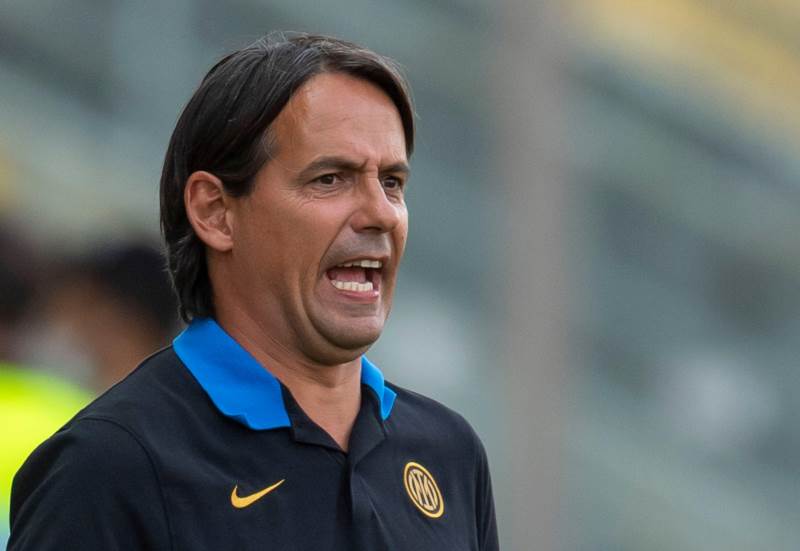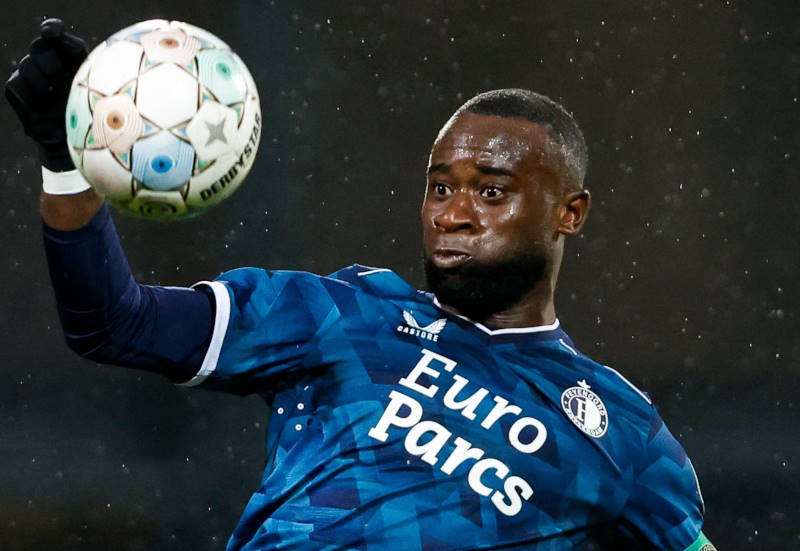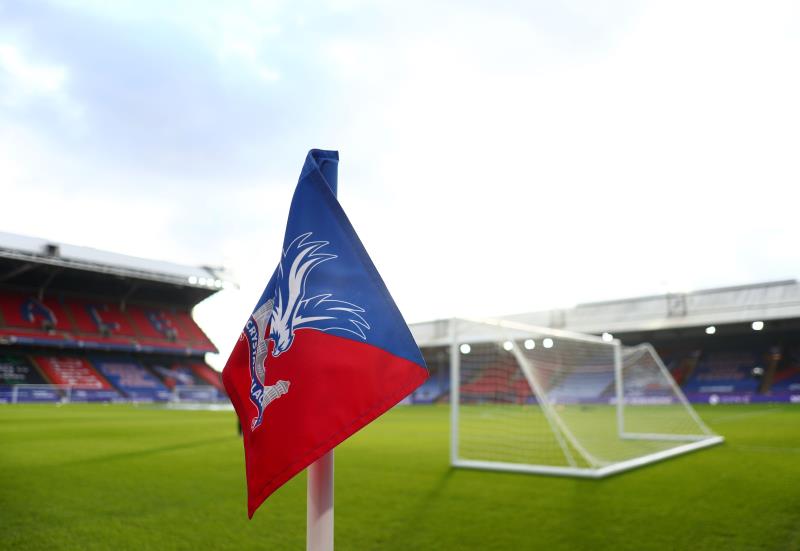
Heading into the 2010 World Cup, it was widely acknowledged that England were better placed to win a major tournament than at any time in recent memory. That opinion looks a little foolish now.
Qualification had been a breeze, despite some potential banana skins, and nemesis Croatia had been humbled home and away. Optimism was high among England fans and with good reason. The positive feeling was drawn from numerous factors but centred on new boss Fabio Capello’s successful, tough love regime, Wayne Rooney’s emergence as a world class striker and the sense that there were no weak links in the armour.
But after Sunday’s humiliating 4-1 thumping at the hands of deadly rivals Germany, the air of invincibility has been blown to pieces. And those three key reasons for optimism have been exposed as myths in the process.
Of course, there are excuses at the ready. Frank Lampard’s effort clearly crossed the line and it was a shocking mistake from the officials on a day when assistant referees did not cover themselves in glory. At 2-2, it might have been a different game. Plus, England were without the injured Rio Ferdinand at the back.
However, to dwell on such points would be to overlook the simple fact that England were yet again outplayed by a more skilful, more organised and more confident opponent. Steven Gerrard, Frank Lampard and Gareth Barry are paid handsomely at club level for their ability to dictate play in midfield yet the Germans passed their way through and the English trio had no answer. Defensively, England were a shambles but they were not helped by those in front of them. It was a game that surely called for a 4-5-1 with Gerrard behind Rooney, instead of 4-4-2.
As the demolition took place, it was hard not to contemplate the fact that England should have been playing Ghana the previous day instead. The failure to win Group C was pitiful considering the quality of the opposition and, given the performance against Algeria, England were never likely to scare the Germans. The signs were there early on that Capello’s men would soon be packing their bags. It is impossible to simply flick the switch when the big games come along. England limped through the group games, collecting five points when nine seemed a formality, and never looked like the tournament contenders they were billed to be.
And the most surprising and disappointing element was the way that the strengths in qualifying disintegrated this summer. First, Capello’s relationship with his players seemed to fall to pieces. The star names had been saying all the right things through the qualifying campaign – how much they respected the Italian, the value of discipline, the improvements in training. On the surface, England looked a united group.
But it did not last long once the chips were down. Terry’s remarks after the Algeria draw were ill-timed to say the least from a man who still appears to think he is England captain. The reported fallout between Terry and Capello, sparked by the Chelsea man’s talk of a players meeting about the team’s woes, destroyed the notion of unity. As a result, England once again lacked cohesion and spirit.
It should also be noted that for all Capello’s talk about selecting primarily on form rather than reputation, he turned to the same old faces against the Germans, bringing Shaun Wright-Phillips and Emile Heskey off the bench. Neither enjoyed a strong season and neither made much impact at the World Cup. It was bizarre to see Capello repeatedly ignore the merits of Peter Crouch, who produced a solid campaign for Tottenham.
And the Rooney factor never materialised either. Finally out of Cristiano Ronaldo’s shadow, he was outstanding all season for Manchester United as a goalscorer and a provider. Yet he failed to leave his mark on the World Cup. Though the service was limited, it could be said that Rooney received little better for United this season yet scored a hatful. Expected to light up South Africa this summer, he never got going and nor did England. No goals and no assists tells a frustrating story and his stock will have dropped. On this evidence, it is hard to put Rooney in the same league as Cristiano Ronaldo, Lionel Messi or David Villa.
Worse still, a handful of players were exposed as lacking the talent, confidence or concentration at the highest level. Weaknesses were highlighted that had previously been hidden. Matthew Upson’s lack of pace – a major drawback for Terry too – was glaringly obvious and Ferdinand was sorely missed. Aaron Lennon was unrecognisably timid on the right. Glen Johnson is still an attacker first and a defender second. Gareth Barry was left trailing by more nimble midfielders. Gerrard and Lampard, for all the club level wages and big reputations, just cannot step up when it matters most for England. And that’s before we even discuss the goalkeeping situation.
It is the same old story – a group of players who turn it on for their clubs but are incapable of translating that success to the international stage. German legend Franz Beckenbauer was criticised in the build up to the game for claiming that England play ‘kick and rush’ football, but he was spot on based on the past fortnight. For all the supposed developments under Capello, the English players had no plan B once Germany had thwarted their frantic Premier League style of play and instead received a footballing lesson from a team that looked considerably weaker on paper.
Attention now shifts to whether Capello will continue at the helm, but this elimination should not be glossed over because lessons must be learned. Forget the excuses – Germany thoroughly outplayed England, making a mockery of English hopes of winning the tournament and highlighting the country’s inability to bring through top class youngsters. There should be plenty of discussions over the coming weeks.
As for Terry, Gerrard, Lampard and the other senior players – they have the whole summer to deal with the reality that they probably just blew their last chance of World Cup glory.













